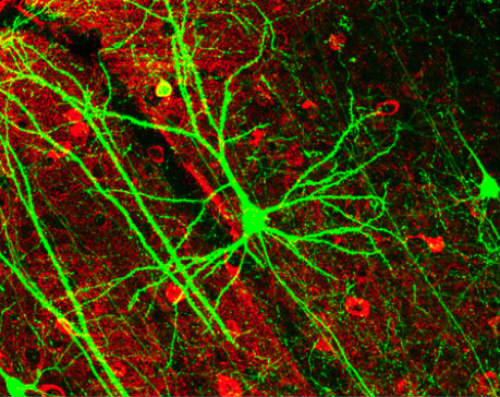- Exercise and improvements in health-related lifestyle can significantly benefit people with bipolar disorder (BD).
- Lifestyle changes targeting nutrition, exercise, wellbeing beliefs, coping strategies, and attitudes towards health reduced the risk of comorbid ailments in patients with bipolar disorder.
- These targeted changes also were associated with and improved health measures, decreased depressive symptoms, and improved function and quality of life among these patients.
- Two recent systematic reviews came to similar conclusions regarding health-related lifestyle changes and improved outcomes among patients with BD.
Two recently published systematic reviews have found that exercise and improvements in health-related lifestyle can significantly benefit people with bipolar disorder (BD). Lifestyle changes targeting nutrition, exercise, wellbeing belief, coping strategies, and attitudes towards health reduced the risk of comorbid ailments and improved health measures in these patients.

pharmacologic treatments of bipolar disorder.
The interventions also decreased depressive symptoms, and improved function and quality of life among patients with BD, according to the findings of 2 recent systematic reviews. One was published in the Journal of Affective Disorders and one in the Journal of Psychiatric Research.
Bipolar Disorder
Bipolar disorder (BD) is a serious mental illness associated with a high risk of medical comorbidities, long-term disability, and premature death. These systematic review examined the current literature on therapeutic interventions targeting nutrition, physical activity, wellness, and attitudes toward health in patients with BD. The researchers behind these studies also collected and examined health-related phenomena such as mood, variation in illness intensity, and the natural history of the disease.
When patients with BD implemented lifestyle changes targeting nutrition, exercise, wellbeing beliefs, coping strategies, and positive attitudes towards health, they were able to reduce the risk of comorbid disorders. However, “there is still a strong need for studies a) developing interventions which are informed by the patient's input and b) examining the effectiveness of such interventions targeting general wellness using well-controlled trials,” wrote the authors of the article published in the Journal of Psychiatric Research.

of various brain regions between BD patients and control patients.
The Analyses
Journal of Affective Disorders
A sedentary lifestyle is not uncommon among patients with psychiatric disorders. However, it remains unclear whether the disorder causes the patient to be sedentary or if a sedentary lifestyle can precipitate a psychiatric disorder.
The authors of the study published in the Journal of Affective Disorders conducted at systematic review of the relevant literature published between 1995 and 2016 in the PubMed and Cochrane Library databases. The identified 31 studies (n=15,587) that included patients with bipolar disorder. The percentage of patients who reported a sedentary lifestyle in these trials varied from 40% to 64.9%.
Among the entire patient cohort (sedentary plus active patients), patients who engaged in physical activity reported fewer depressive symptoms, better quality of life, and improved functioning. Overall, exercise was associated with improved health measures. “Evidence was insufficient to establish a cause-effect relationship between mood and physical exercise. Future research including randomized trials is needed to clarify the role of physical activity in bipolar patients,” the authors explained.

Journal of Psychiatric Research
The authors of the report in the Journal of Psychiatric Research systematically searched the Scopus, PubMed, Ovid, and Medline databases with no language or year restrictions, up to June 2015. They focused on studies that examined lifestyle interventions among patients with BD.
These reviewers identified 6 articles that satisfied inclusion criteria. However, methodologic limitations included small sample sizes, gender-ratio imbalance, inconsistencies in laboratory measures, lack of randomized controlled trials, and absence of follow-up and longitudinal studies to determine the effects of lifestyle changes on clinical and functional outcomes over time.
Conclusions
Despite significant methodologic shortcomings in the reviewed studies, the authors were able to draw broad conclusions “Generally, exercise was associated with improved health measures including depressive symptoms, functioning and quality of life. Evidence was insufficient to establish a cause-effect relationship between mood and physical exercise. Future research including randomized trials is needed to clarify the role of physical activity in bipolar patients,” concluded the authors of the article in the Journal of Affective Disorders.

“Overall findings point towards a beneficial role of lifestyle interventions on mood, weight, blood pressure, lipid profile, physical activity, and overall wellbeing,” noted the authors of the review published in the Journal of Psychiatric Research. “Lifestyle interventions undertaken by patients with BD targeting nutrition, exercise, wellbeing, coping strategies, and attitudes towards health show promise in reducing the risk of comorbid ailments in BD. There is still a strong need for studies a) developing interventions which are informed by the patient's input and b) examining the effectiveness of such interventions targeting general wellness using well-controlled trials,” the reviewers noted.
